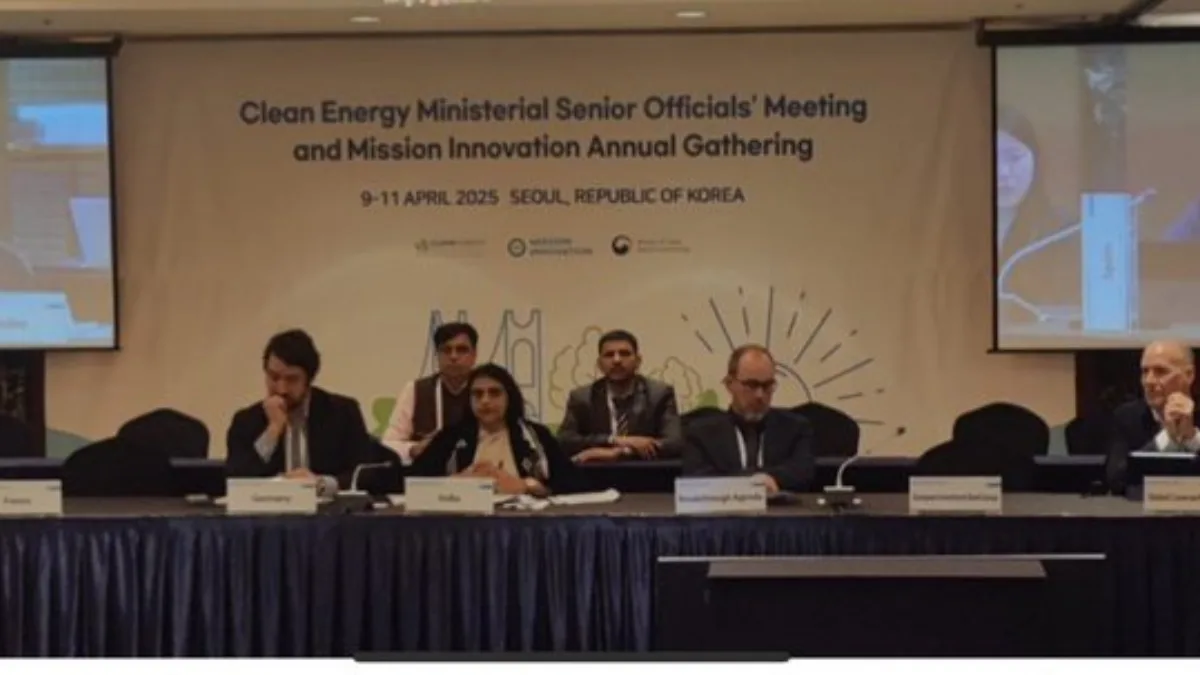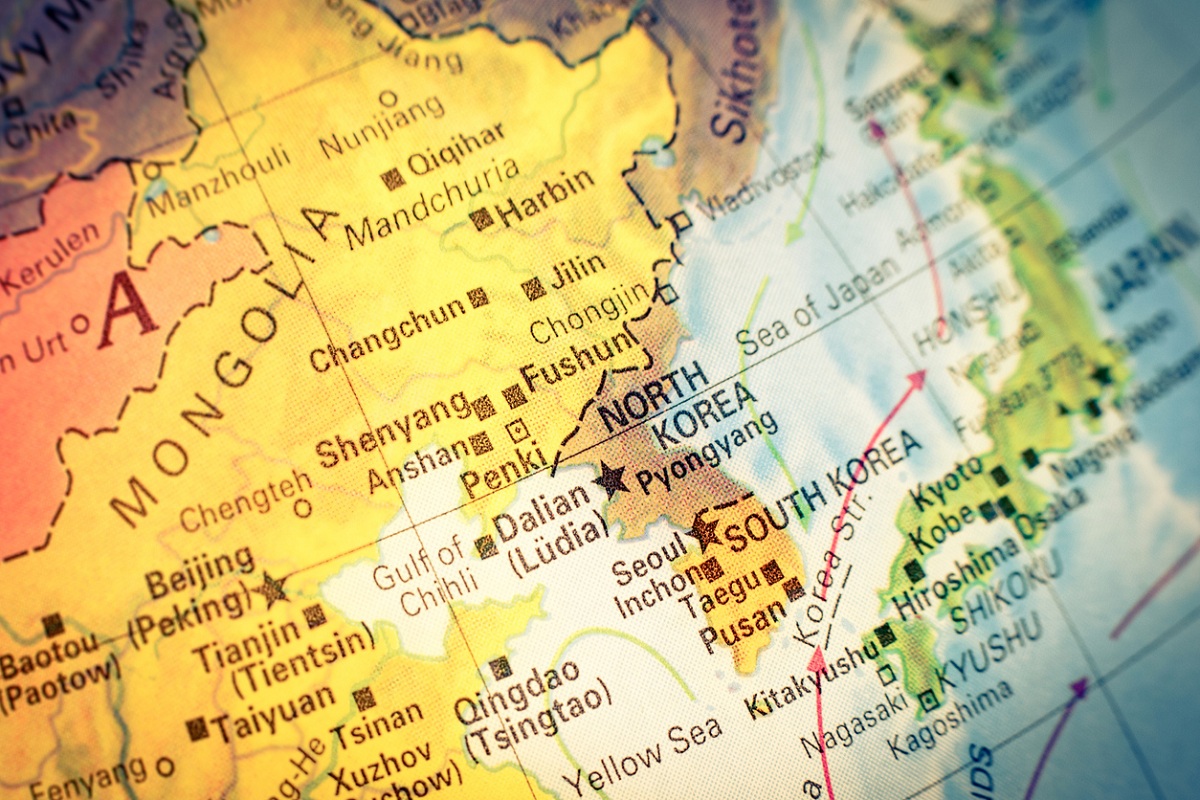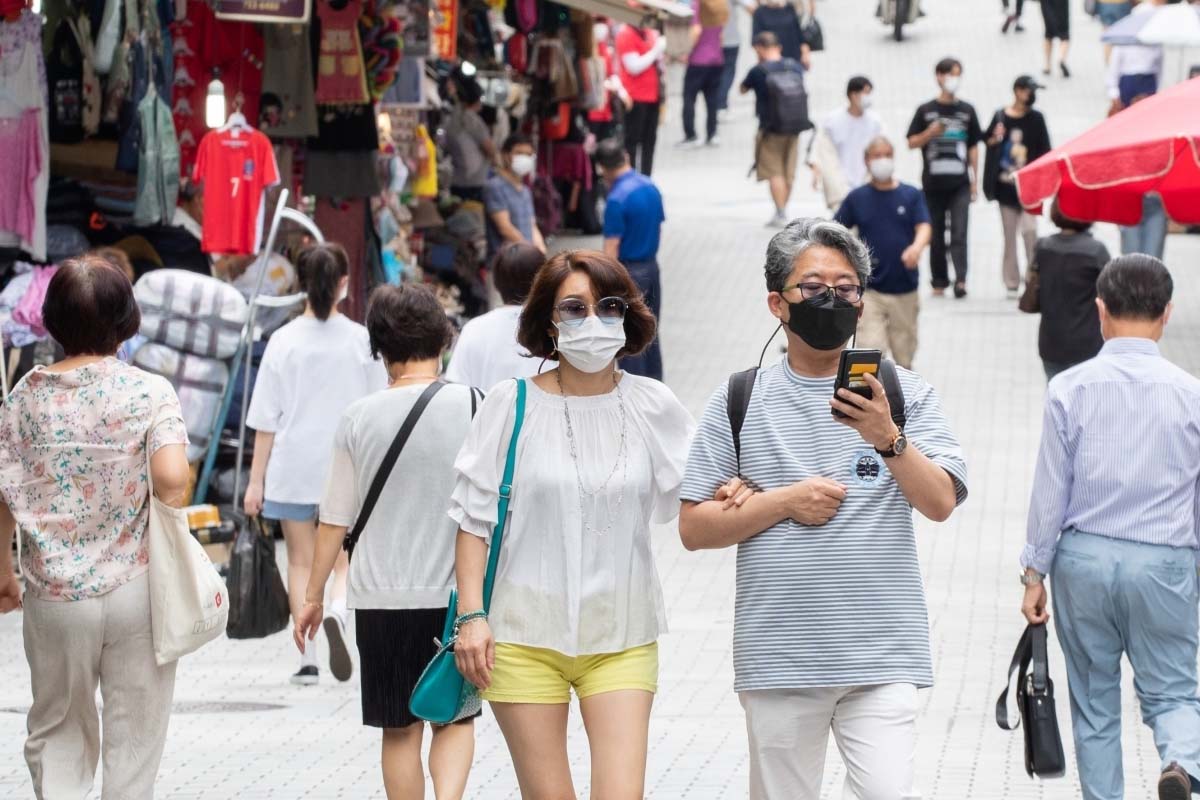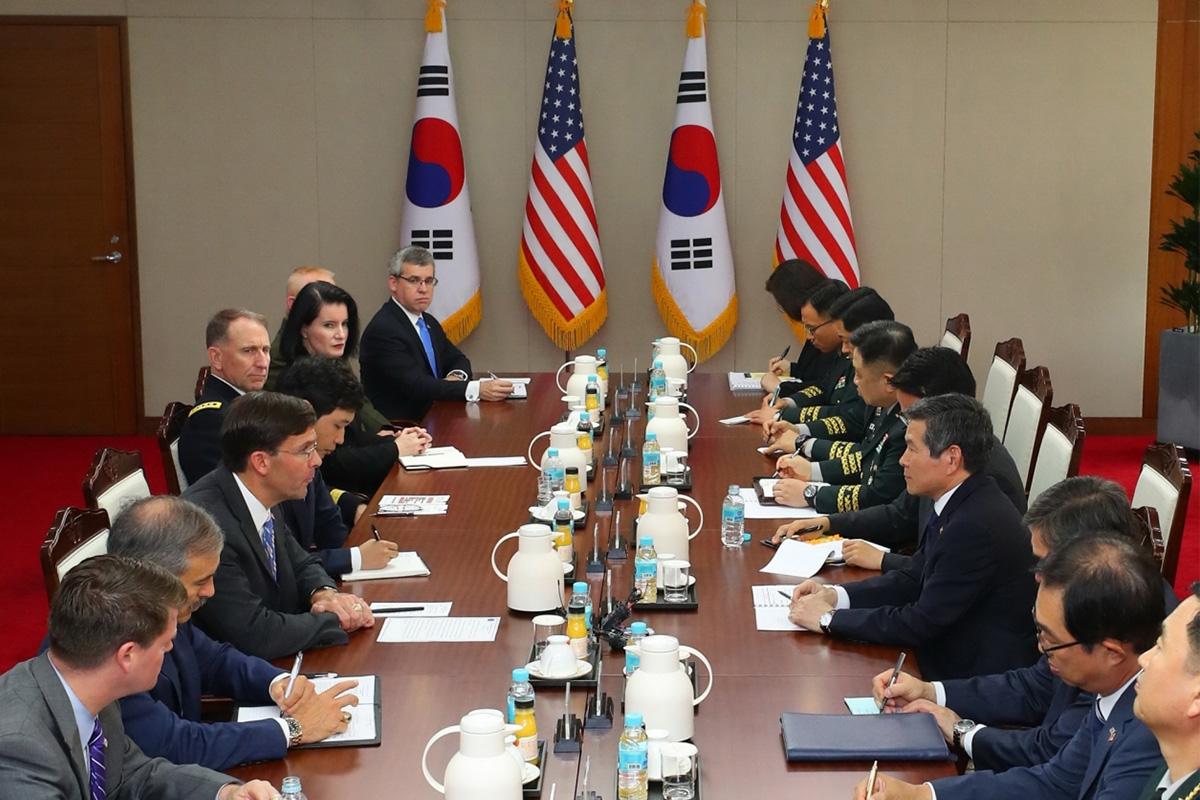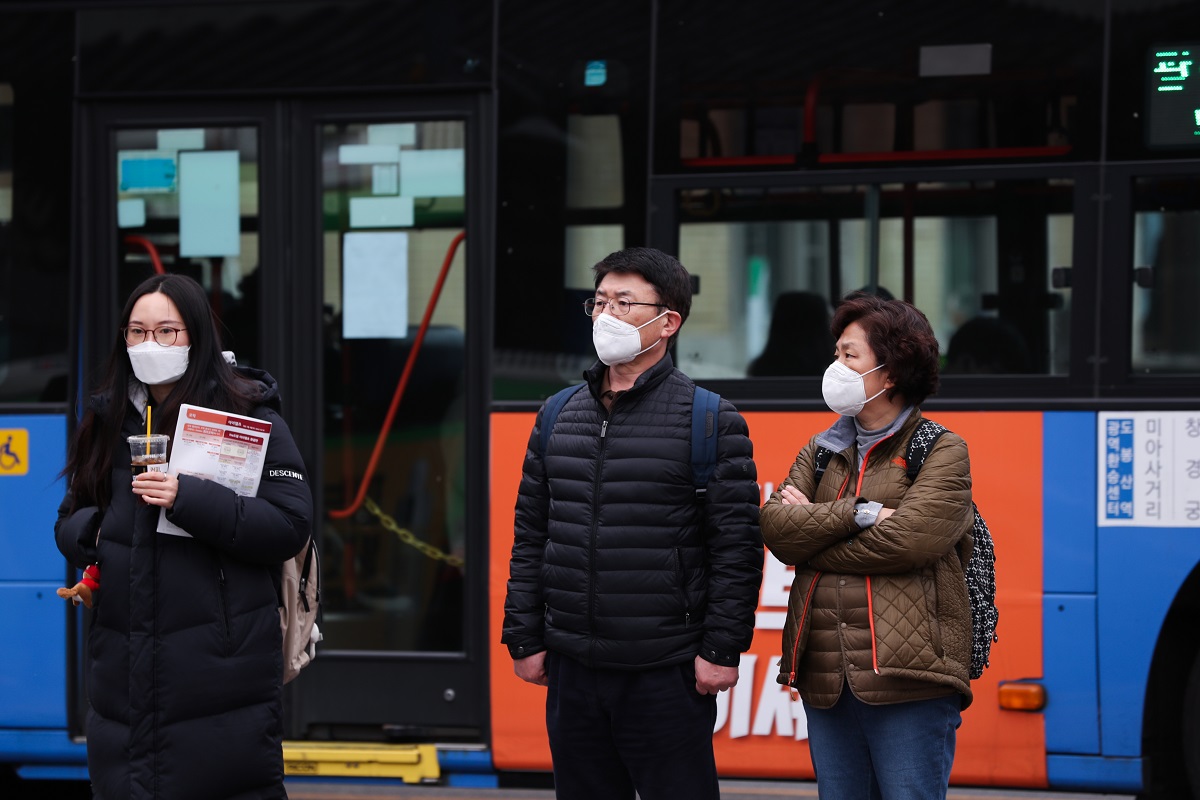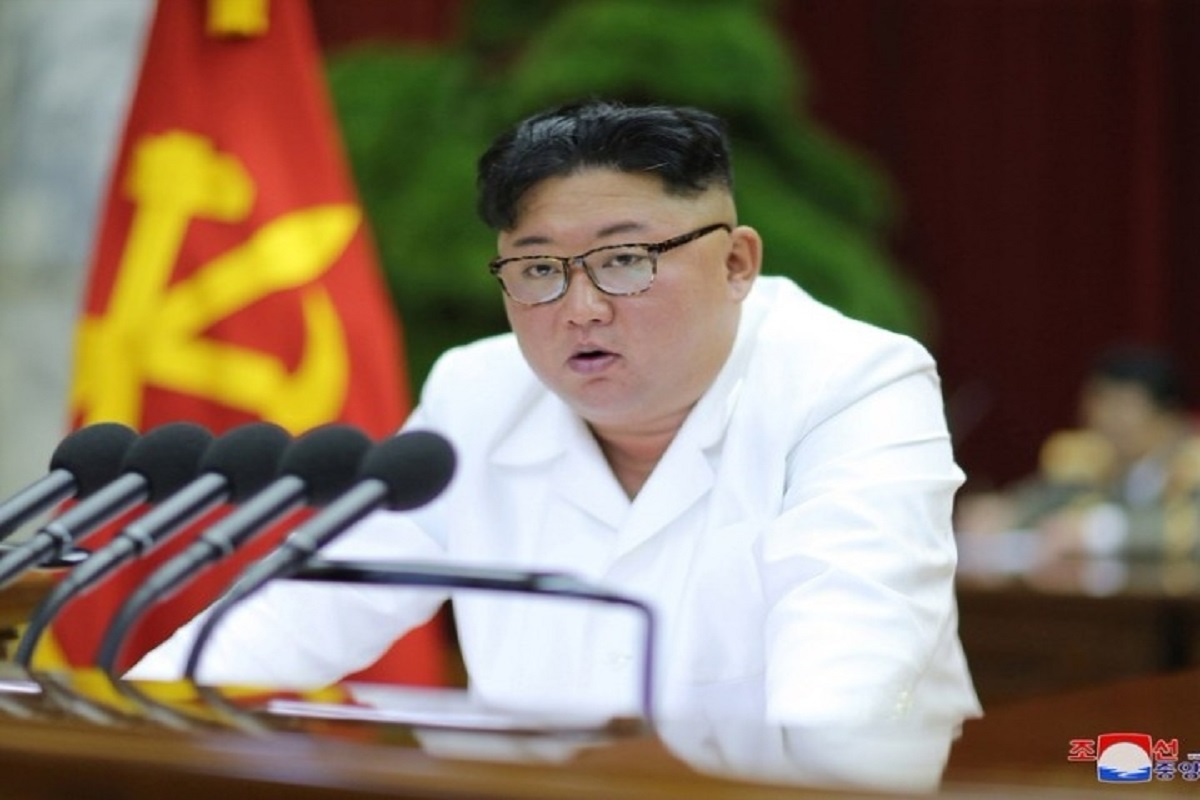India highlights its BioE3 Policy, Integrated Biorefinery Initiatives at Mission Innovation Annual Gathering 2025 at Seoul
India has highlighted its BioE3 Policy and Integrated Biorefinery initiatives at the Mission Innovation Annual Gathering 2025 at Seoul, South Korea.

